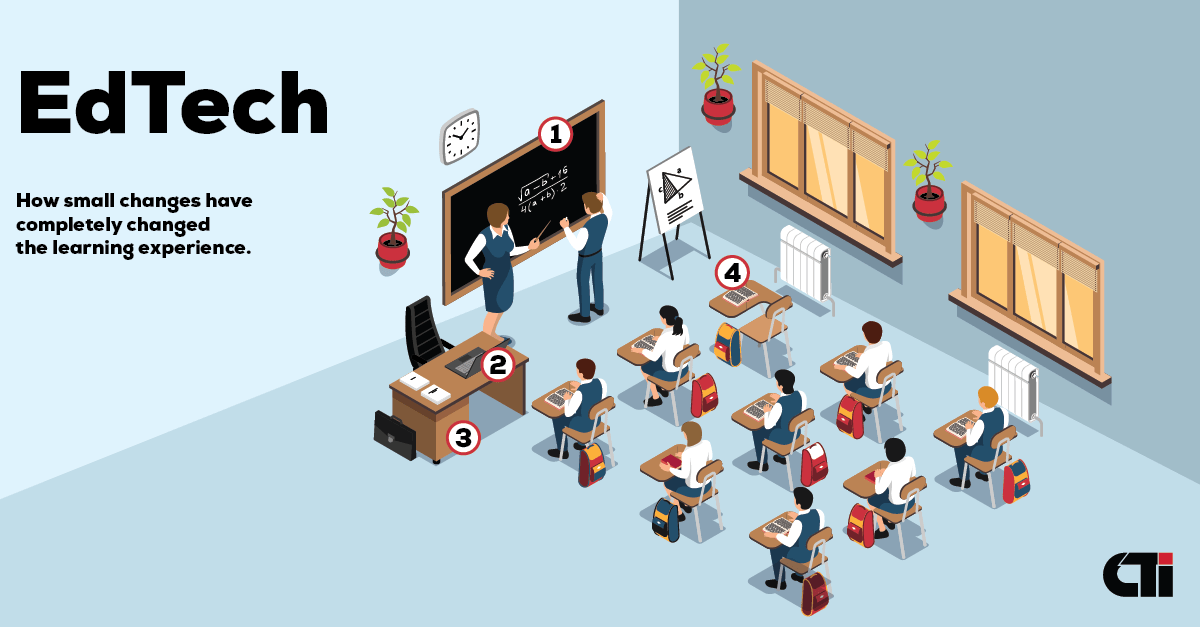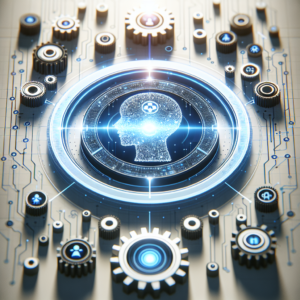Have you ever thought about how technology has changed the way we learn? The shift from traditional to tech-enabled education is not just a trend; it’s a fascinating transformation that is reshaping the educational landscape.
The Evolution of Education
Education has undergone significant transformations over the centuries. From the days of chalkboards and textbooks, we are now in an age where technology plays a crucial role in learning environments. I find it intriguing to see how we have moved toward a more interactive and engaging learning experience.
From Traditional to Modern Classrooms
In traditional classrooms, education often revolved around a one-size-fits-all approach where teachers delivered lectures while students passively absorbed information. However, technology introduces a novel way of teaching. I’ve witnessed firsthand how digital tools can cater to various learning styles, making education more inclusive.
The Role of Digital Tools
Digital tools like tablets, laptops, and interactive whiteboards have replaced many of the traditional teaching aids. The integration of these devices allows teachers to present information more dynamically, utilizing videos, interactive simulations, and gamified learning solutions.
The Rise of Online Learning Platforms
Online learning platforms such as Coursera, edX, and Khan Academy have become immensely popular in recent years. These platforms provide me with the flexibility to learn at my own pace, making education accessible to everyone, regardless of location.
Benefits of Tech-Enabled Education
What are the tangible benefits of incorporating technology into education? I’ve noticed quite a few advantages worth discussing.
Accessibility for All
One of the most remarkable benefits of tech-enabled education is accessibility. No longer are students restricted by geographical location or physical ability. Online resources and courses are available 24/7, allowing me to learn whenever and wherever it suits me best.
Personalized Learning Experiences
With technology, I can tailor my learning experience to fit my unique needs. For instance, adaptive learning software can analyze my progress and provide resources that target areas where I might need improvement. This personalized approach helps boost my confidence and enhances my understanding.
Enhanced Engagement
Incorporating tech into education makes learning more engaging. I’ve experienced how using multimedia presentations, virtual reality (VR), and simulations can captivate attention in a way that traditional methods often cannot. Engaging content keeps me interested and makes the learning process more enjoyable.
Collaboration and Communication
Technology fosters collaboration by allowing me to work with peers from around the globe. Through platforms like Google Classroom and Microsoft Teams, I can communicate, collaborate on projects, and exchange ideas in real time. This enhances my teamwork skills, which are essential in today’s workforce.
Challenges of Tech-Enabled Education
While the benefits are significant, there are also challenges associated with this shift toward tech-enabled education. Acknowledging these challenges is crucial for creating a more effective learning environment.
Digital Divide
Not everyone has equal access to technology. I’ve seen firsthand how the digital divide affects students who lack reliable internet or devices. This gap can hinder educational progress and create inequities among students from different backgrounds.
Distractions and Overreliance
The convenience of technology can also lead to distractions, especially for students who might be easily sidetracked by social media or other online activities. Personally, I’ve encountered challenges focusing on my studies when my device is just a click away.
Ensuring Quality Content
While technology provides vast resources, not all of it is high quality or accurate. I often find the need to critically evaluate the sources I use for learning to ensure the information I take in is credible and reliable.
Innovative Technologies Shaping Education
Several innovative technologies are at the forefront of transforming education. Each of these technologies makes learning more effective and interactive.
Artificial Intelligence (AI)
AI is revolutionizing education by personalizing the learning experience for individual students. I’ve noticed platforms that use AI can customize lessons based on my progress and behavior, creating an adaptive environment that caters to my needs succinctly.
Augmented Reality (AR) and Virtual Reality (VR)
AR and VR can immerse me in a completely different learning environment. For example, I can explore historical sites or conduct virtual science experiments without leaving my home. This level of immersion enhances my understanding and retention of complex concepts.
| Technology | Definition | Example Use |
|---|---|---|
| Artificial Intelligence (AI) | Machines that can learn and make decisions | Personalized learning platforms |
| Augmented Reality (AR) | Overlays digital information on the real world | Interactive learning experiences in history and science |
| Virtual Reality (VR) | Immersive simulations | Virtual field trips and labs |
Learning Management Systems (LMS)
LMS platforms, such as Moodle and Blackboard, provide centralized spaces for education. I can access assignments, grades, and course materials, making it easier to stay organized and connected to my learning progress.
Gamification
Gamification in education involves using game elements to make learning more enjoyable. By earning rewards and competing in educational games, I find myself more motivated and engaged with the material, which enhances my overall learning experience.
The Role of Educators in Tech-Enabled Learning
As much as technology has transformed the education landscape, the role of educators remains crucial. Teachers now have the responsibility to integrate technology effectively into their teaching practices.
Professional Development for Educators
To harness the full potential of tech-enabled education, teachers need ongoing professional development. I see professional learning communities that focus on sharing best practices in integrating technology into the curriculum.
Fostering Digital Literacy
In today’s digital age, I believe it’s essential for educators to teach digital literacy skills. Students must learn how to critically assess online information, understand digital ethics, and navigate online environments safely.
The Future of Tech-Enabled Education
As I look to the future of education, I’m excited about the endless possibilities technology presents. The ongoing advancement of tools will continue to reshape learning in ways we can hardly imagine today.
Lifelong Learning
In an ever-changing world, the concept of lifelong learning has gained prominence. Technology will allow me to stay updated with new skills and knowledge, making education a continuous journey rather than a one-time event.
Blended Learning Models
I believe that blended learning models, which combine traditional classroom methods with online learning, will continue to gain traction. This hybrid approach can provide the best of both worlds, allowing for flexibility while still maintaining personal interaction.
| Future Trend | Description | Potential Impact |
|---|---|---|
| Lifelong Learning | Continuous education throughout an individual’s life | Fosters adaptability and growth in a changing job market |
| Blended Learning Models | Combines online and face-to-face instruction | Enhances engagement and personalizes learning experiences |
Data-Driven Insights
The ability to gather and analyze data on student performance will provide educators with valuable insights. I’m enthusiastic about how data can inform instructional strategies, ensuring that my educational journey is tailored to my strengths and areas for growth.
Conclusion
Reflecting on my experiences with tech-enabled education, I have seen how transformative technology can be. From personalized learning experiences to stunning advancements like VR, these tools have revolutionized how we learn and grow. While challenges like the digital divide and ensuring quality content remain, the potential for innovation in education is limitless.
As we move forward, I’m convinced that educators and technology must work hand in hand to create an inclusive, engaging, and effective learning experience for everyone. The future of tech-enabled education is bright, and I’m excited to be part of this journey.






